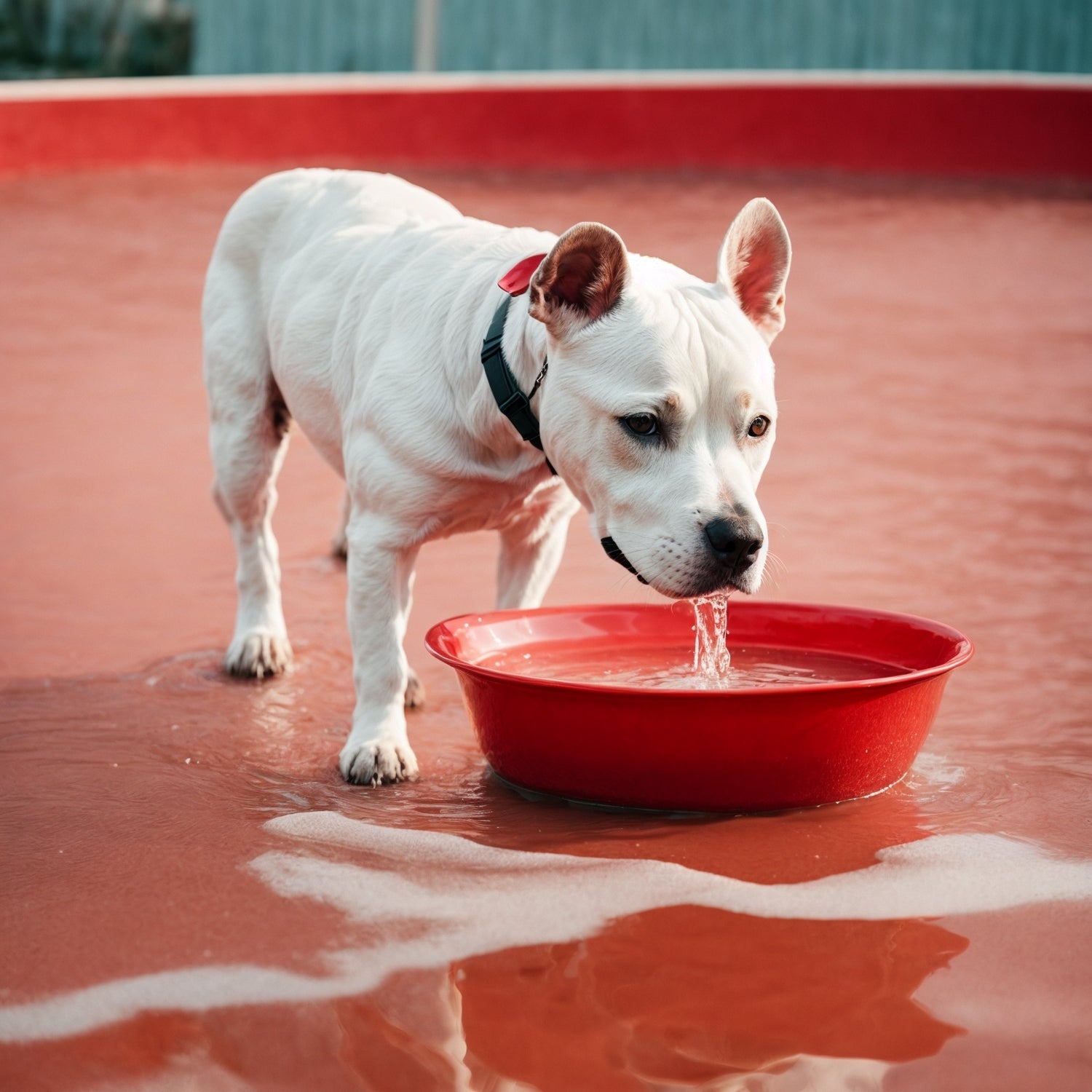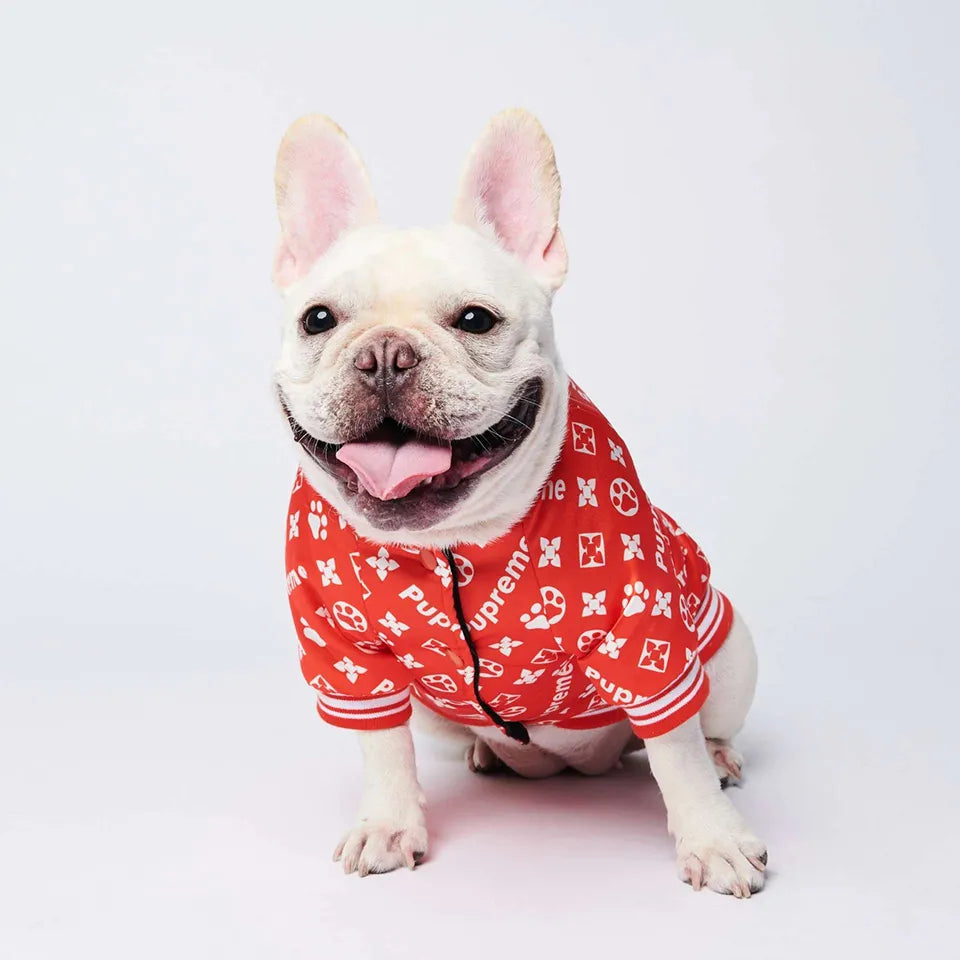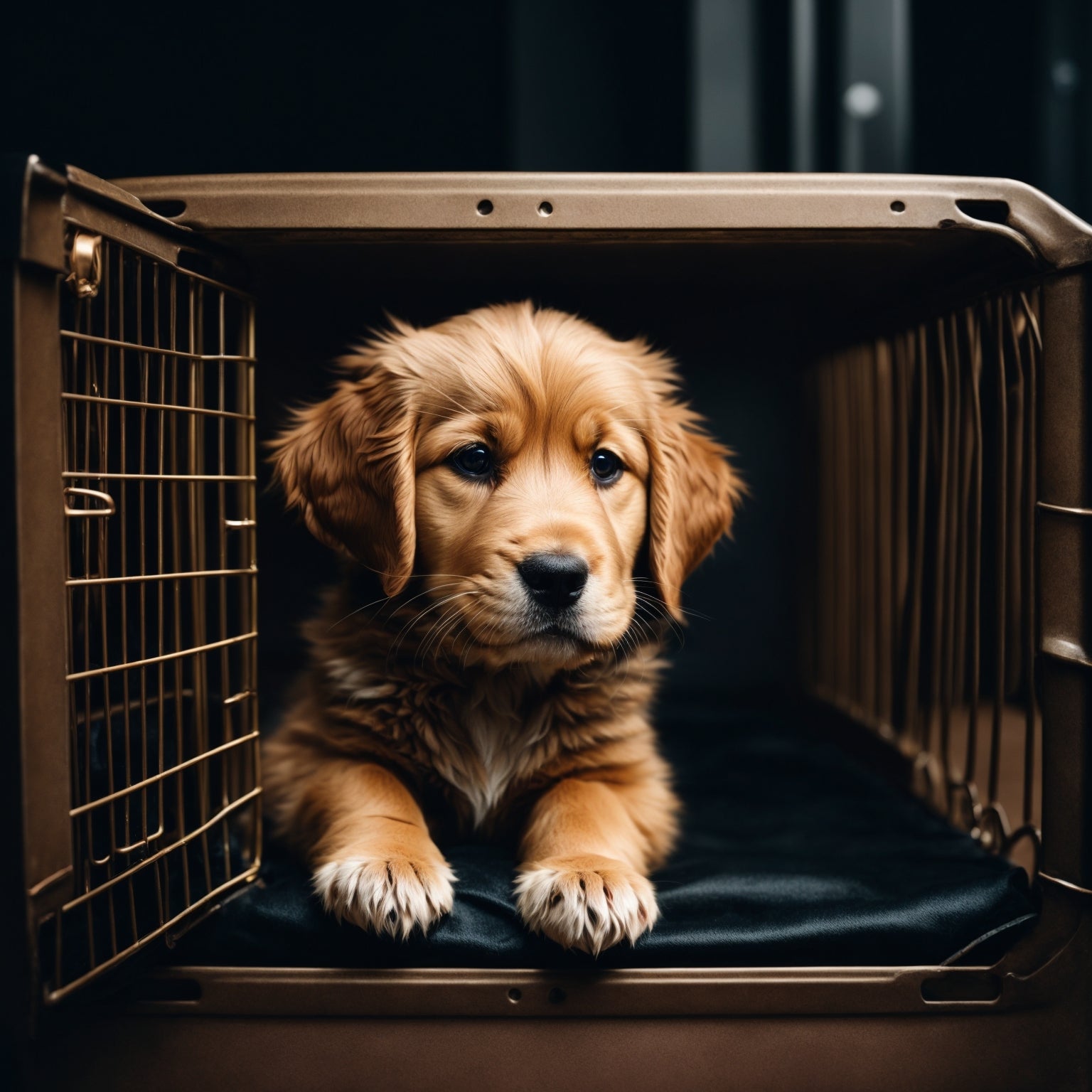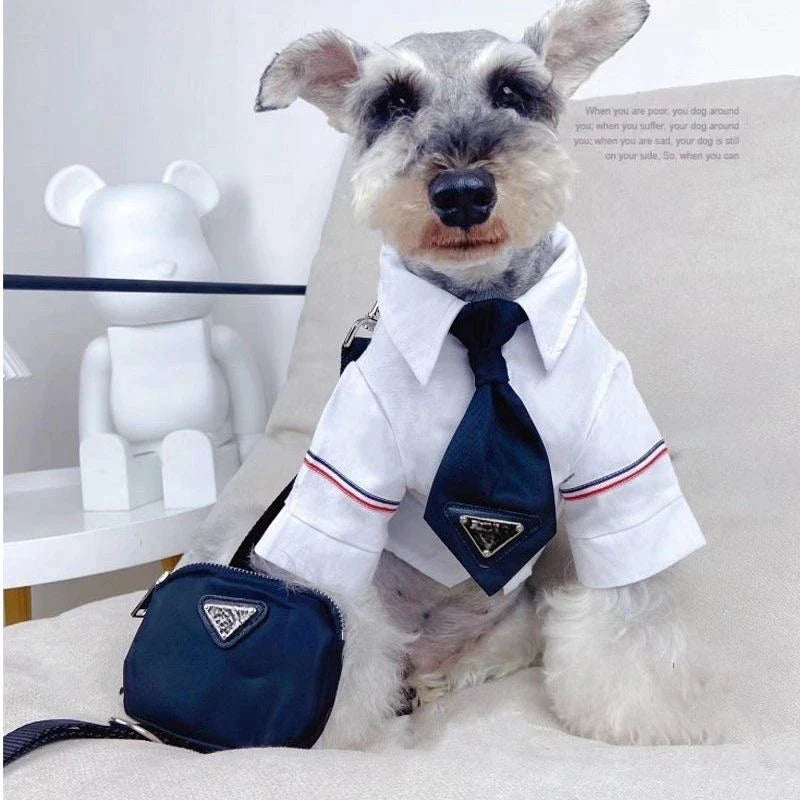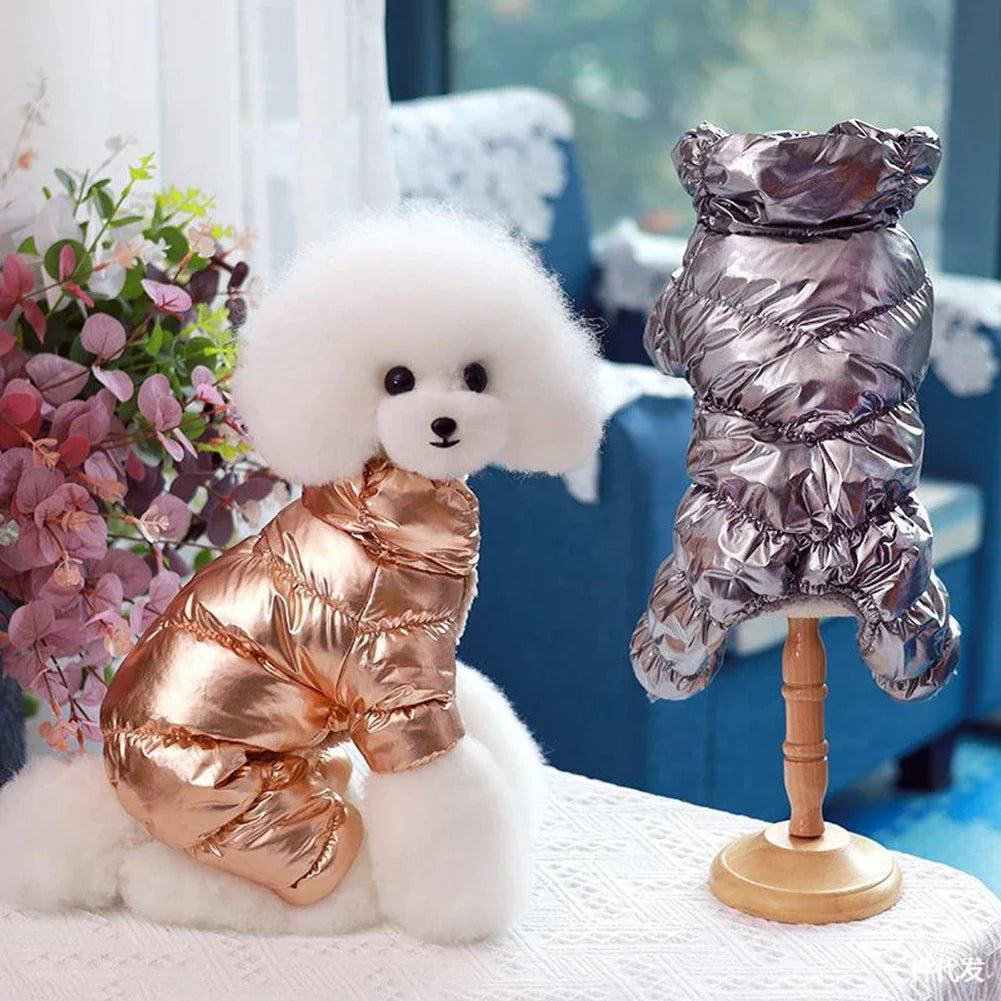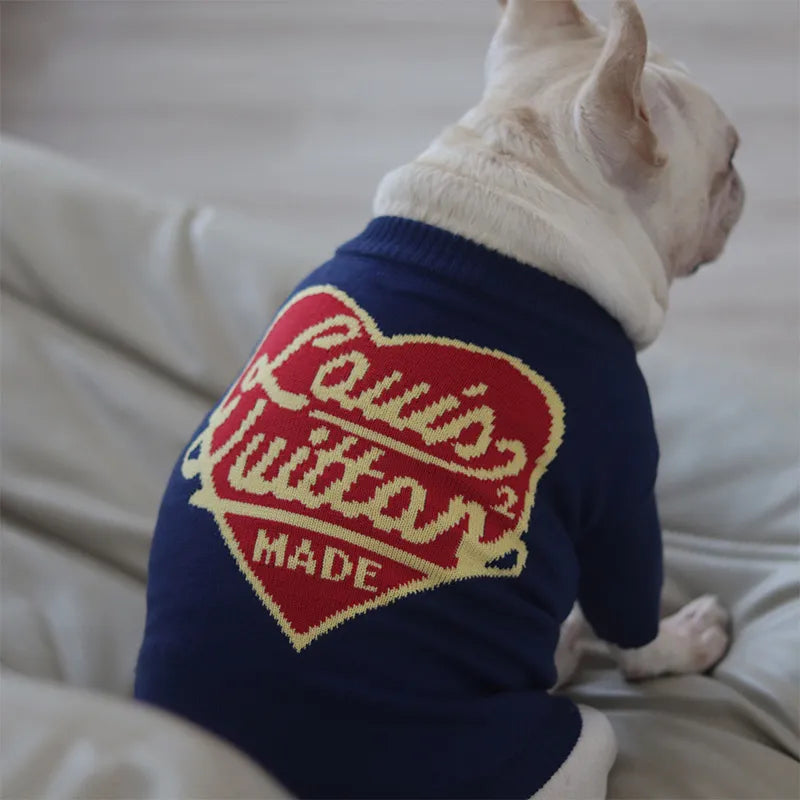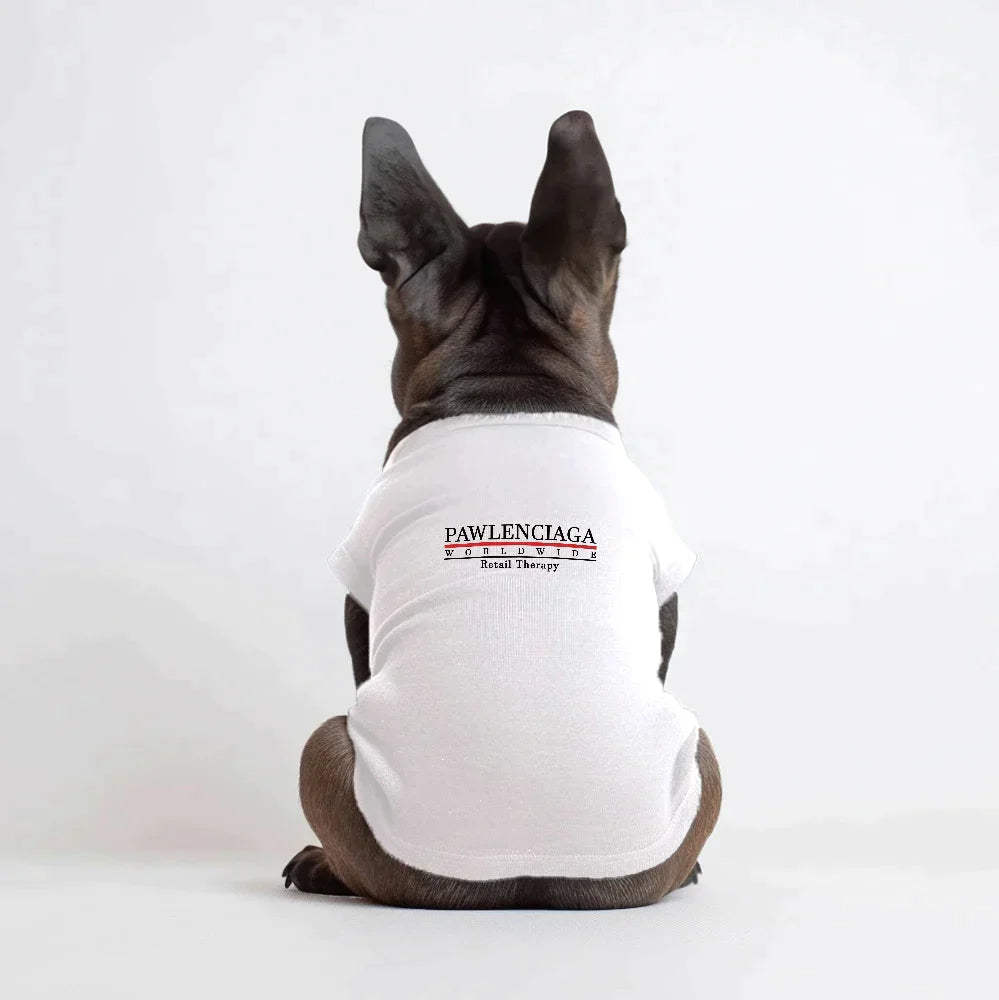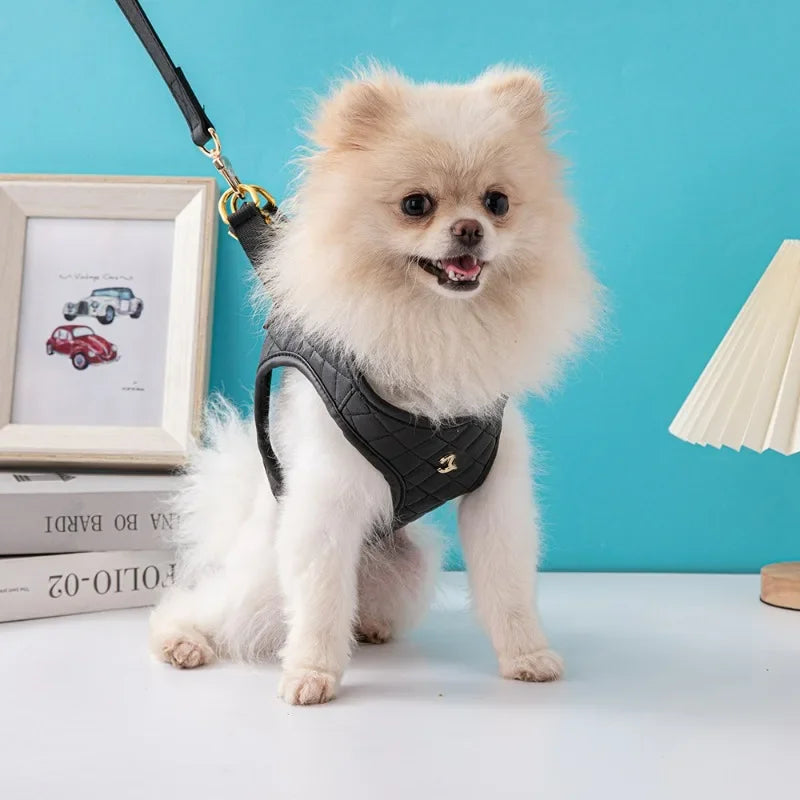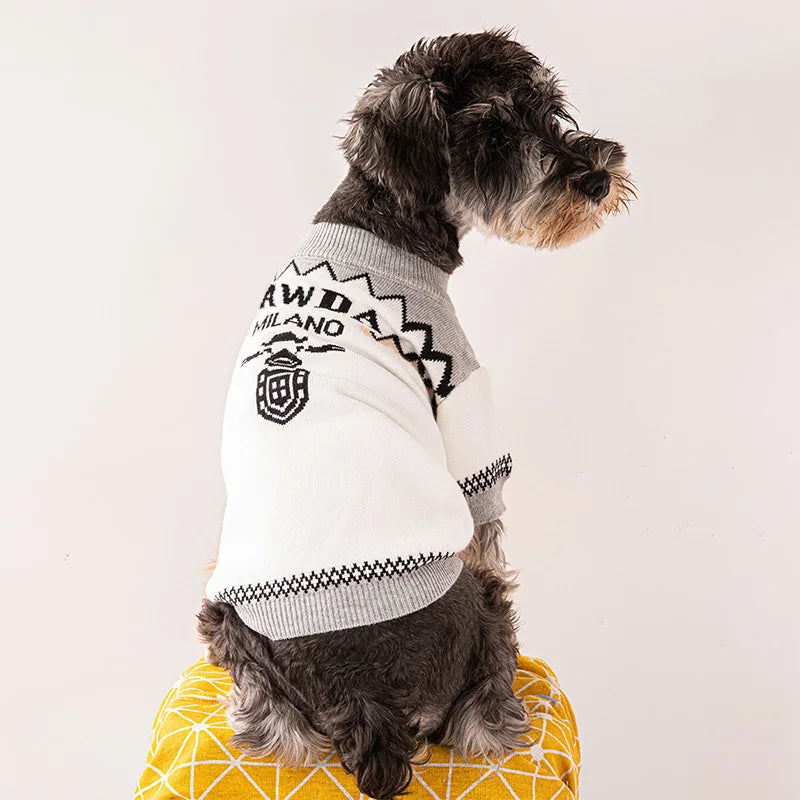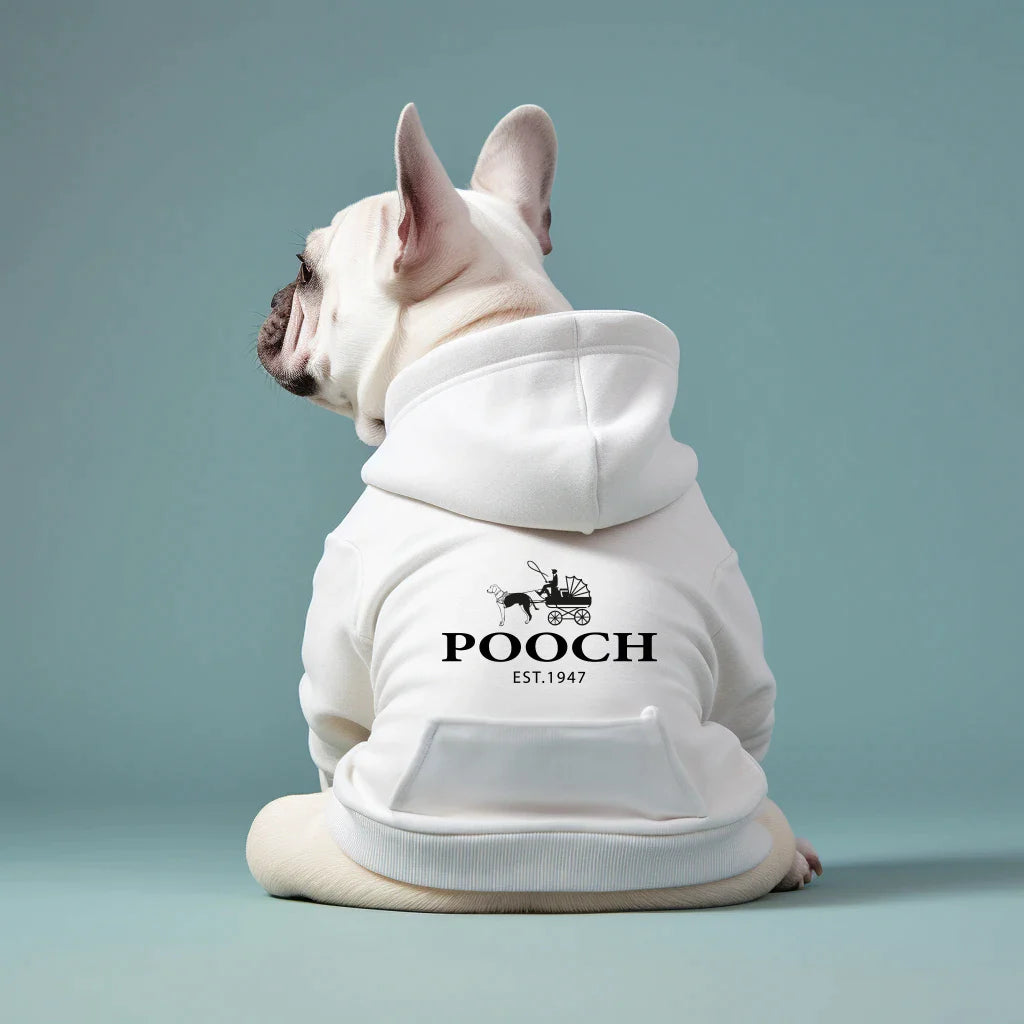How Much Water Should My Dog Drink a Day?
Proper hydration is crucial for the overall health and well-being of your furry friend. Just like humans, dogs need to drink an adequate amount of water every day to stay hydrated. But how much water does your dog actually need? In this article, we will explore the factors that determine how much water your dog should drink and provide some helpful tips on ensuring your dog stays hydrated.
Determining Your Dogs Water Needs
The amount of water your dog needs to drink can vary depending on several factors, including their size, age, activity level, and overall health. As a general rule, dogs should drink about 1 ounce of water per pound of body weight each day. However, this is just a starting point, and it's important to consider other factors as well.
Factor Size and Age
Larger dogs generally need to drink more water than smaller dogs. Similarly, puppies and older dogs may have different water requirements. Puppies are more active and tend to have higher metabolism, so they may need more water compared to adult dogs. Senior dogs, on the other hand, may have specific health conditions that require them to drink more water. It's always best to consult with your veterinarian to determine the specific water needs of your dog based on their size and age.
Activity Level
The activity level of your dog also plays a role in determining their water needs. Dogs that engage in high-intensity activities or exercise regularly will require more water to replenish their fluids. Make sure to provide access to fresh water before, during, and after physical activities to keep your dog hydrated.
Health Conditions
Certain health conditions can increase your dog's water intake. For instance, dogs with kidney disease or urinary tract issues may need to drink more water to flush out toxins and maintain proper kidney function. Additionally, dogs on certain medications may experience increased thirst. If your dog has any health conditions, it's crucial to follow your veterinarian's advice regarding their water intake.
Signs of Dehydration
It's essential to monitor your dog's water intake to ensure they are adequately hydrated. Signs of dehydration in dogs include increased thirst, dry gums, sunken eyes, lethargy, and loss of appetite. If you notice any of these signs, it's crucial to provide your dog with fresh water and seek veterinary attention if the symptoms persist.
Providing Water to Your Dog
Now that you know how much water your dog needs, let's discuss some tips for providing water:
- Always provide clean, fresh water in a clean bowl. Regularly check and refill the water bowl to ensure it is not empty.
- Consider using pet water fountains or automated water dispensers to encourage your dog to drink more water.
- If your dog is not drinking enough water, try adding some low-sodium chicken broth or wetting their food to increase water intake.
- During hot weather, make sure your dog has access to shade and cool water to prevent dehydration.
- When traveling or going for walks, carry a portable water bottle and a collapsible bowl to ensure your dog stays hydrated.
- Monitor your dog's water intake and note any changes. If you notice a sudden increase or decrease in water consumption, it could be a sign of an underlying health issue.
- Remember that certain factors like weather, humidity, and activity level can impact your dog's water needs. Adjust the amount of water accordingly to ensure they remain hydrated.
Conclusion
Proper hydration is crucial for your dog's health and well-being. Understanding your dog's water needs based on their size, age, activity level, and health conditions is essential. By providing clean, fresh water and monitoring their intake, you can ensure that your furry companion stays hydrated and healthy. If you have any concerns about your dog's water intake, always consult with your veterinarian for personalized advice and guidance.
